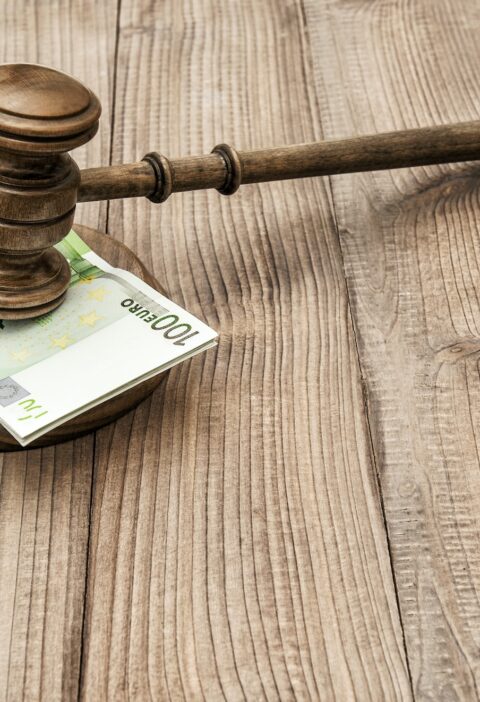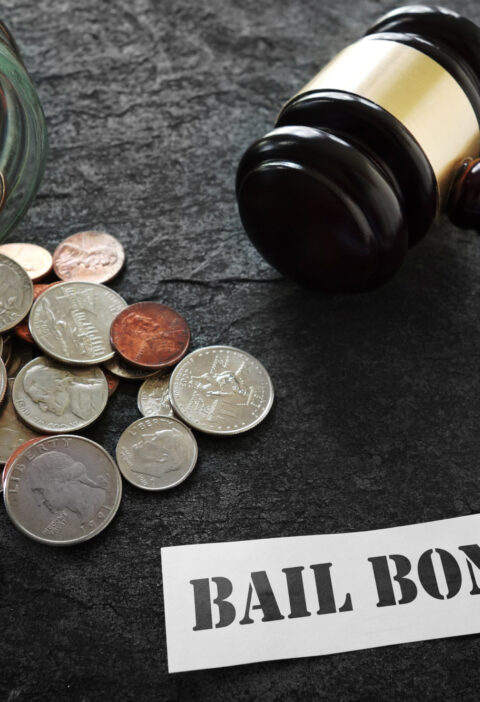In recent times, U.S. courts have seen an influx of intellectual property cases, with 44% of all cases originating in California, Texas, and New York.
Apart from physical assets, intellectual property is of enormous value to any company. After all, nobody can take intangible assets away, can they?
It’s easy for competitors to pass your idea off as their own, so unless you protect them with copyrights and patents, you could end up in court, too. Keep reading to find out more about these important protections.
What Is Intellectual Property?
Intellectual property includes all manner of intangible assets. These might include inventions, literary works, symbols, designs, and names used in commerce.
It includes your creative works plus anything that comes about as a result of them, such as marketing campaigns or products. In the United States, patents, trademarks, and copyrights serve to protect your intellectual property.
What Is a Copyright Used For?
This type of protection for intellectual property applies to original creative works. It’s automatic in the United States. That means you hold copyright on all your creative efforts, without having to apply for it.
It protects dramatic, musical, artistic, and literary works, such as:
- Original writing
- Research
- Art
- Movies
- Songs
- Audio and video compilations
- Architecture
- Computer software
Copyright is automatic from the moment you preserve or record these works in some form.
Unrecorded creative efforts have no copyright. For instance, a speech that isn’t written down doesn’t attract copyright protection.
Copyright doesn’t subsist in the following works, either:
- Principles
- Lists
- Ideas
- Common property, like calendars
- Principles
Works in the public domain or those where copyright is waived, expired, or forfeited are also exempt from this protection.
Copyright duration varies from place to place and may depend on the works created. For instance, copyright on original works remains valid until 70 years after the death of the author.
How to Protect Copyright
Although copyright protection is automatic, you can take a few precautions to ensure nobody uses your work without permission. These are:
Registering Your Work
You can apply for official copyright registration with the U.S. Copyright Office. You simply complete the application process, pay the fee, and send a copy to the Copyright Office, and you receive a certificate in return.
It’s much easier to sue anyone who uses your copyrighted materials if you go this route.
Marking the Work
You can mark your work to prove that you’re the originator. Types of marking include watermarks and signatures.
You can also use the copyright symbol, ”©”.
Poor Man’s Copyright
This involves sending your work to yourself. This establishes a time frame of how long you’ve possessed a particular work.
It’s no substitute for registering your works with the Copyright Office.
Creative Commons
You can use free Creative Commons licenses. These allow you to mark your work with the freedoms you want to allow.
What Is a Trademark Good For?
Trademarks usually cover intellectual property related to branding and marketing. These include phrases, symbols, designs, and words that distinguish your brand from others.
Examples of things protected by a trademark include:
- Logos
- Brand and business names
- Slogans
Some well-known trademarks include:
- The Nike Swoosh
- McDonalds’ golden arches symbol
- The Apple logo
- MGM Films’ lion’s roar
Service marks are similar to trademarks, and the two are often combined. For instance, United Airlines’ name and logo are trademarked, but their slogan, ‘Fly the Friendly Skies’ is a service mark.
A service mark serves to distinguish the service offered by one business as opposed to that of another.
Unlike copyrights, trademarks never expire, as long as you continue to use them for your business.
Protecting Your Trademark
In all cases, it’s important to get trademark help from a lawyer and register your trademark. It’s the most effective way to protect your business’s name, slogan, and logo.
Before you attempt to register your trademark or use these materials in your marketing efforts, you must do a trademark search. This will reveal if anyone else has already trademarked a similar design.
A lawyer can help you with this, or you can complete an online registration form with the USPTO (U.S. Patent and Trademark Office).
Note that there’s a difference between state and federal trademark registration. You should always opt for the latter, as it affords you greater protection.
Registering your business name with your county or state clerk doesn’t carry as much weight as trademark registration.
Once you’ve registered your trademark with the USPTO, you should use the ”®” symbol to denote that you’ve done so. If you don’t use register your trademark, you can still use the ”™” symbol to denote trademark common-law rights.
Be sure to check with the USPTO before using this symbol, you can’t assume something isn’t trademarked if its owner neglects to use a symbol.
Trademark vs Copyright Overview
To sum up, copyright exists to protect original work, while trademark safeguards things that distinguish your business from others.
Copyright comes about automatically and immediately when you create a work, but a trademark comes about when you regularly use a mark in connection with your business.
Trademarks never expire, while copyright ends depending on set criteria that may differ from place to place.
You don’t realize how important your intellectual property is to your business until someone else tries to pass it off as their own. Always consult a lawyer if you are uncertain about any aspect of your rights concerning intellectual property.
Protect Your Right to Creativity
In most cases, it’s difficult to prove that intellectual property theft without rock-solid evidence. So, now that you know the difference between trademark vs copyright, you should take steps to protect what’s rightfully yours.
Would you like some more interesting information on the law and its role in your life? Browse my blog for all the best tips.







